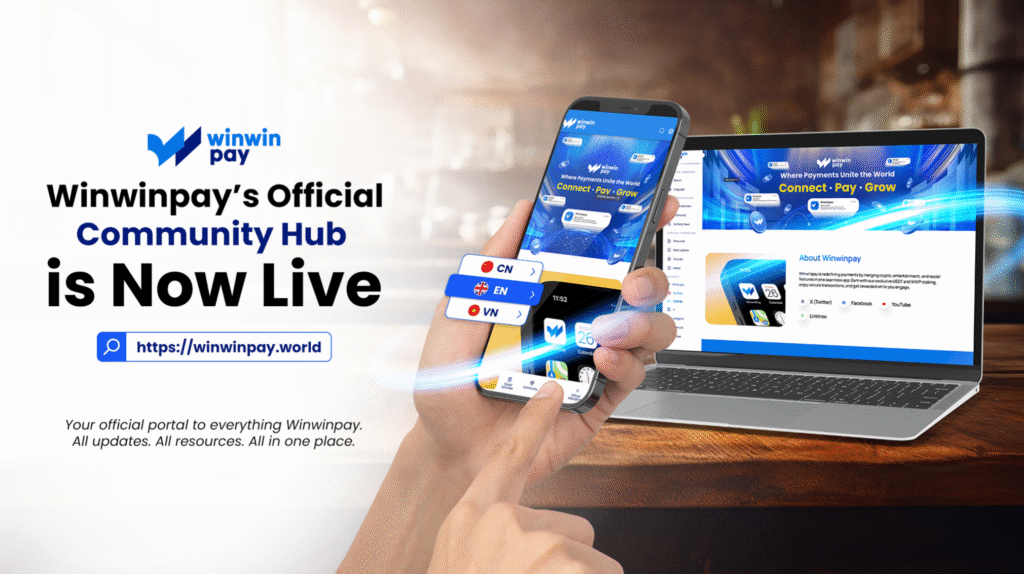
The online gambling industry is a rapidly evolving landscape, and one of the key aspects shaping its success is the variety of payment options offered to players. With the global digital payment market booming, online gambling platforms must adapt to consumer preferences to stay competitive. In this article, we explore the current consumer preferences in payment methods for online gambling, the factors influencing these choices, and the implications for providers aiming to meet these demands.
1. Overview of Popular Payment Methods in Online Gambling
The diversity in payment options has been largely influenced by geographical location, cultural differences, and varying degrees of financial inclusion. In 2024, consumer preferences in the online gambling space reflect these trends, favouring methods that provide speed, security, privacy, and low transaction costs. Key payment methods include:
- Credit and Debit Cards: Still one of the most popular payment methods, credit and debit cards provide consumers with a familiar, accessible way to transact. These options are particularly popular in regions like North America and Europe, where most people have easy access to banking services.
- Digital Wallets (E-wallets): Platforms such as PayPal, Skrill, and Neteller allow users to quickly deposit and withdraw funds without disclosing sensitive banking information. Digital wallets offer enhanced security, which is a significant appeal for players seeking quick transactions with added privacy.
- Cryptocurrencies: With the increasing adoption of digital currencies like Bitcoin, Ethereum, and Litecoin, online gamblers are drawn to the anonymity, security, and low transaction fees cryptocurrencies offer. Cryptocurrency is particularly favoured in regions with strict gambling regulations as it bypasses traditional banking restrictions.
- Bank Transfers: Direct bank transfers remain a staple in many regions, providing a reliable, albeit slower, way for users to move money. Recent developments in instant bank transfers have, however, enhanced the appeal of this option for players who prioritise security and are not time-sensitive with transactions.
- Prepaid Cards and Vouchers: Solutions like Paysafecard allow players to make deposits without revealing personal or financial details, an attractive option for those prioritising anonymity and budget control. This method is popular among those wary of overspending, especially in Europe and Latin America.
2. Factors Influencing Payment Preferences in Online Gambling
Several factors contribute to consumer preferences in payment methods, and understanding these can help online gambling operators better cater to their audience.
- Speed of Transaction: Today’s consumers expect swift deposits and withdrawals, allowing them immediate access to winnings. Payment methods such as e-wallets and cryptocurrencies enable near-instant transfers, while traditional banking options may take longer, potentially affecting consumer satisfaction.
- Security and Privacy: With rising concerns about data privacy, consumers are more cautious about sharing personal information. Cryptocurrencies and digital wallets are appealing for this reason, as they limit the data shared with gambling platforms. Payment methods that use encryption and two-factor authentication are increasingly valued, as these measures reassure users of transaction security.
- Cost of Transactions: Transaction fees are an important consideration for many players, especially those who make frequent deposits and withdrawals. Options like bank transfers can incur high fees, whereas e-wallets and cryptocurrencies typically offer reduced costs. Providing low-cost payment options helps attract more budget-conscious players.
- Regional Regulations: Legal restrictions on gambling and payments affect consumer choices. In regions where online gambling is heavily regulated, players may gravitate towards anonymous methods like cryptocurrencies to circumvent banking restrictions. In contrast, in countries with looser regulations, consumers are more likely to choose convenient local payment methods.
- Ease of Use and Accessibility: Players prefer payment methods that are user-friendly and accessible across different devices. As mobile gaming grows, platforms must optimise payment methods to ensure seamless transactions from any device.
3. Implications for Online Gambling Providers
To capture a diverse audience, online gambling providers must ensure a broad range of payment options that cater to regional preferences and varying user needs. Here are some of the key implications for providers:
- Offering Versatile Payment Options: By integrating multiple payment methods, online gambling platforms can appeal to a wider audience. For example, offering a combination of credit cards, digital wallets, bank transfers, and cryptocurrency options can accommodate different preferences, helping to expand the user base and improve retention.
- Improving Payment Security Protocols: Enhanced security measures, such as encryption, multi-factor authentication, and blockchain technology, can help protect consumer data and minimise fraud risks. Additionally, payment providers that offer built-in compliance with anti-money laundering (AML) and know-your-customer (KYC) standards are highly attractive, as they help reduce the regulatory burden on operators.
- Investing in Faster Processing Technologies: Speed is increasingly important for users, particularly with the growing demand for instant payouts. Integrating real-time processing technologies and instant withdrawal options where possible can enhance the player experience and foster loyalty. Many payment providers are investing in blockchain and other technologies to facilitate faster transactions.
- Focusing on Mobile-Friendly Payment Solutions: With mobile gambling on the rise, providers need to ensure that payment solutions are optimised for mobile use. Digital wallets and QR-code-based payments are examples of mobile-friendly options that enhance the convenience for on-the-go users.
- Customising Payment Options for Regional Markets: Given that consumer payment preferences often differ by region, it’s essential to provide locally preferred methods. In countries like Brazil, popular payment solutions include local bank transfers and vouchers, whereas Australian consumers often prefer credit card transactions and instant bank transfers.
- Adopting Cost-Efficient Payment Options: Providers that offer low-cost options like digital wallets and cryptocurrencies will likely attract more players. As transaction fees can accumulate, especially for frequent players, providing economical payment choices can improve satisfaction and loyalty.
4. The Future of Payment Solutions in Online Gambling
The payment landscape in online gambling is continuously evolving, and providers must stay ahead of industry trends to meet changing consumer demands. The growing acceptance of cryptocurrencies and blockchain-based payments points to a future where transactions may become more decentralised and anonymous. Furthermore, real-time processing technology and biometric security features may become standard in digital wallets, enhancing the speed and security of transactions.
As digital payments become increasingly sophisticated, online gambling providers should prioritise user preferences in their payment systems to foster a loyal customer base. The ability to adapt to emerging trends while ensuring security and convenience will determine which platforms thrive in the competitive world of online gambling.





